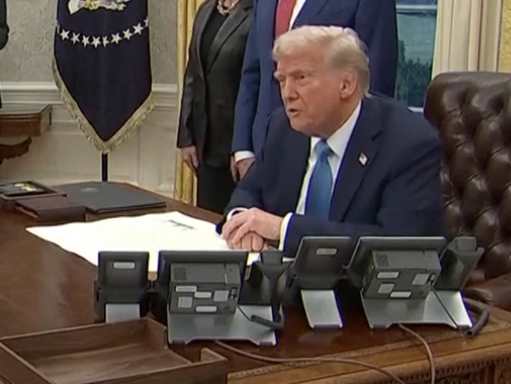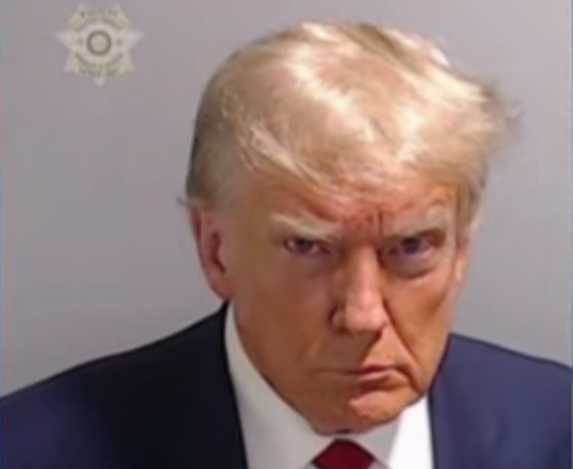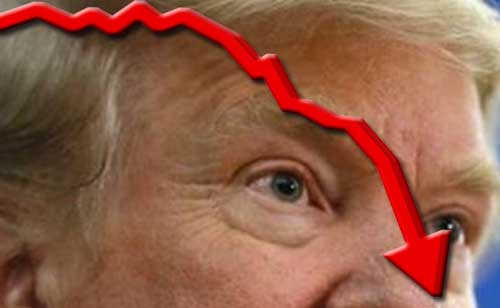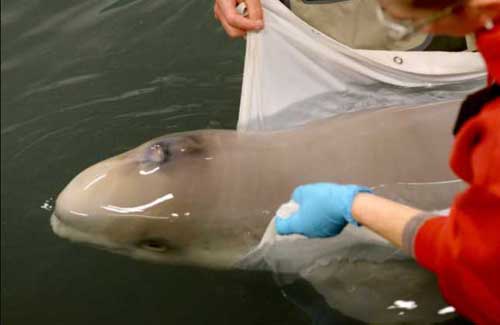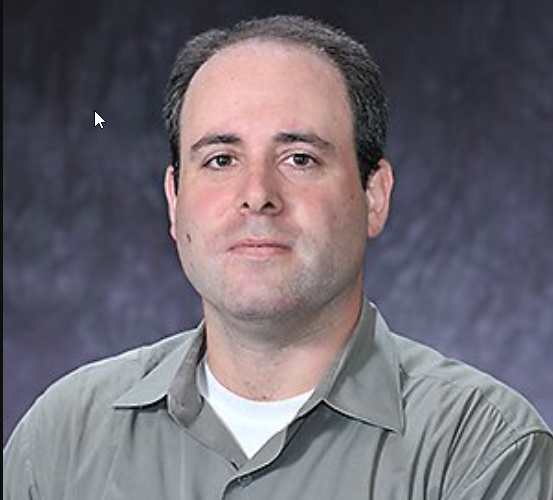Nominees raise questions
Tom Price, Trump’s nominee for Health and Human Services secretary, faced tough questions of whether he, as head of the House Budget Committee, used his position to benefit his stock trades.
But some observers say overwhelming evidence exonerates Price of unethical behavior.
Most, if not all, of Trump’s appointees are expected to clear the confirmation process.
Cabinet nominees have historically undergone intense scrutiny. In 1993, Zoe Baird and Kimba Wood, two of then-President Bill Clinton’s choices for attorney general, failed the confirmation process following media revelations they had employed undocumented migrants as nannies.
Trump’s nominee for White House budget director, Mick Mulvaney, has faced questions for failing to pay taxes on a household employee more than 12 years ago.
Mulvaney explained to a Senate Budget Committee he had not done so because he did not consider the worker, a babysitter, a household employee. He has since paid at least part of the tax bill and admitted error.
“We made a mistake,” he said.
Some observers say immigration violations are often seen in America as more politically sensitive and severe than tax-compliance issues.
While the U.S. media has relentlessly questioned the nominees’ records, Parakilas said the current political landscape in Washington has also made for a smoother ride for Trump’s picks.
Republican Party
“The fundamental thing that’s protecting them is the fact that the Republican Party controls the Senate, which has to consent to Cabinet-level appointees,” Parakilas said. “Whereas in previous administrations, you had a broader range of opinions within Senate majorities, now the parties are fairly polarized and there is a strong expectation that you will vote for the president’s nominees unless there’s a massive reason why you would not.”
While expressing concern about the damage that revelations of corruption — should they be substantiated — could do, Transparency International’s Barrington notes the American system of checks and balances remains a strong guarantee.[xyz-ihs snippet=”Adsense-responsive”]“It’s a democracy. Freedom flourishes. There’s a thriving civil society. There’s a strong opposition. So, these are very positive signs as well,” he said.
World leaders have even less reason to be interested at this stage.
“It’s not the primary focus of attention or concern about the Trump administration,” Parakilas said, adding global leaders are more concerned about the uncertainty that Trump’s remarks and actions on trade and security alliances have created.
“I would say the level of attention from global audiences on the questions of nepotism and transparency are lower ranking than those,” Parakilas said.
That is especially true, he said, among the 158 nations that scored lower than the United States did in Transparency International’s Corruption Perceptions Index.
Source: VOA
Pages: 1 2

